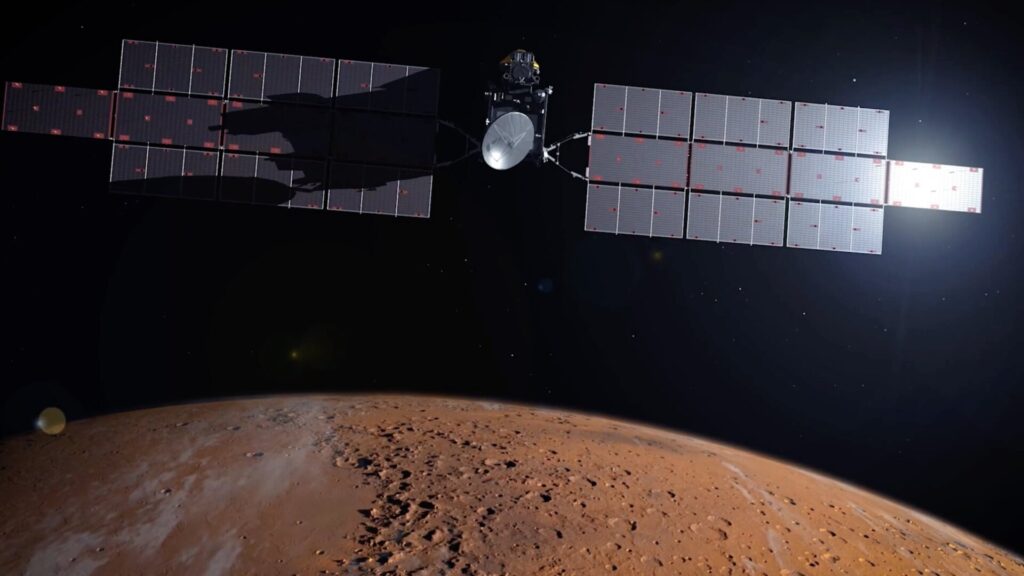When you have a bad cold, you go into the medicine cabinet, dig out the DayQuil that’s been there, and just as you’re about to pop the capsules in your mouth, you realize they expired three years ago, and now you know that. Do you need to put on real clothes and go all the way to the pharmacy, sniffling and dripping with mucus while just wanting to crawl into bed and die? Now imagine this, but the nearest CVS is 150 million miles away.
According to reports, this is the prospect faced by astronauts who dare to carry out missions to Mars. Researchers at Duke University School of Medicine. Astronauts may be in good health before launch, but once in space, they suffer from aches, runny noses, allergies and trouble sleeping just like those of us stranded on Earth. Daniel Buckland, co-author and assistant professor at Duke University, and his team hypothesized that a voyage to Mars would take three years to complete and would be impossible to obtain supplies. Buckland and his colleagues also hypothesized that people venturing to the Red Planet would have the same inventory of 106 medications kept aboard the International Space Station, which includes everything from earwax removal drugs to antipsychotics. .
Shelf life data could only be found for 91 of these medicines, but 54 of these were found to have a best before date of less than 36 months if stored in the original packaging. Some medications, such as eye drops or allergy medications, will lose their effectiveness after two years.
“This doesn’t necessarily mean these drugs don’t work, but just like you shouldn’t take expired drugs at home, space exploration agencies need to have plans in place to prevent expired drugs from becoming less effective,” Buckland said in a statement. Press release.
inside studypublished in the journal NPJ microgravityThe reality may be scarier, scientists say, because little is known about how microgravity affects drug degradation. Given the harsh conditions of space travel, which can include elevated radiation levels, it wouldn’t be surprising if many drugs fail faster than they do on Earth.
“Pharmaceuticals are likely to become a cornerstone in maintaining the health and performance of humans involved in space exploration missions,” the authors write. “There is a gap in public knowledge about the expected shelf life of drugs in the ISS formulary. In order to provide safe and effective star drugs, these pharmacological parameters must be known and understood.
So while opening an expired DayQuil on Earth might just add to your misery, it’s a much grimmer scenario for astronauts on Mars with no pharmacy in sight—unless the Mars Pharmacy is NASA’s Next part of the budget.

